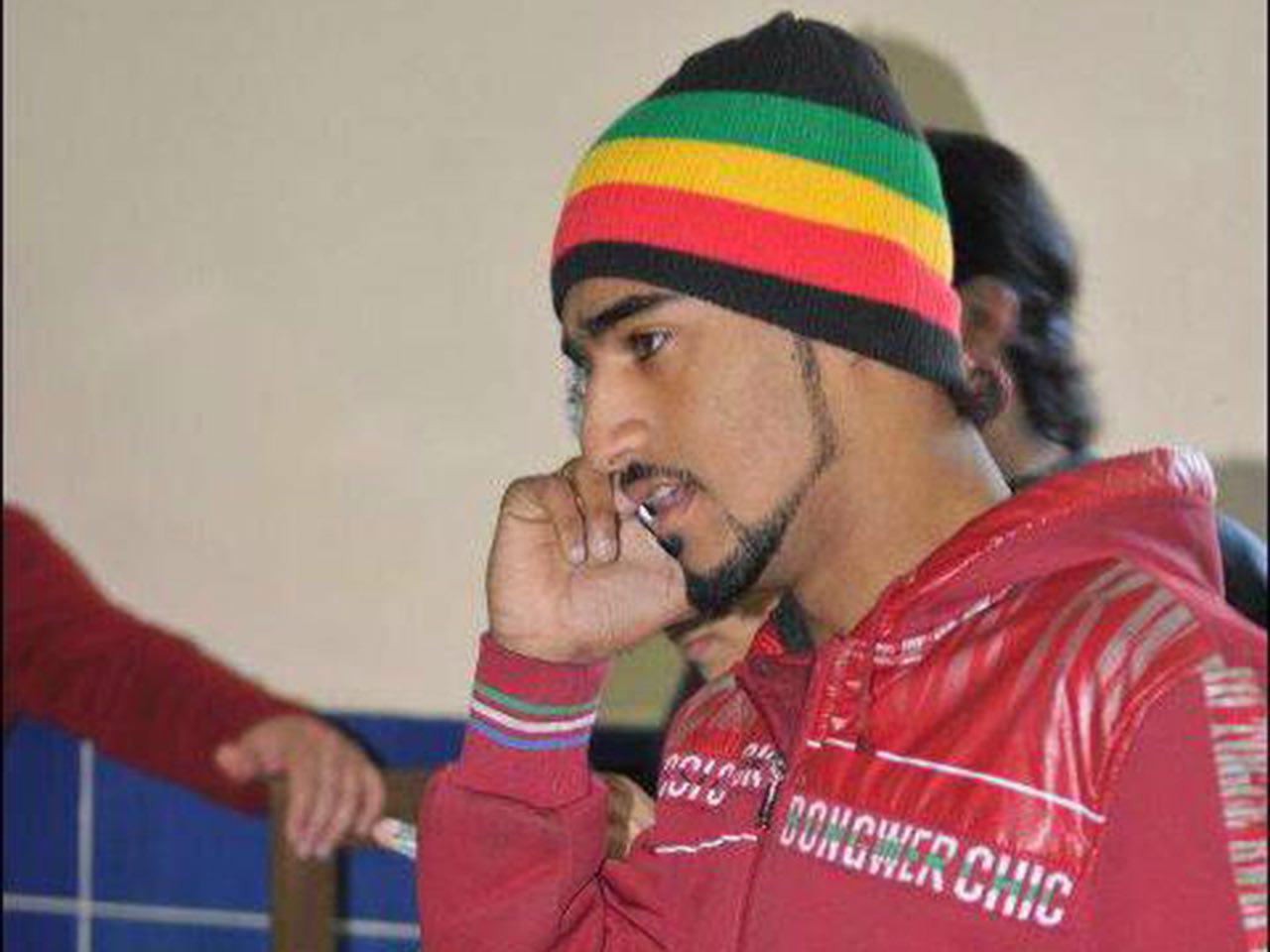
للاطلاع على التحليل اضغط here
Two years ago in January 2016, Saudi Arabia violently executed protestor Mohammed Faisal AlShioukh, who participated in Arab spring protests. The European Saudi Organisation for Human Rights (ESOHR) has obtained new evidence regarding the unlawfulness of Saudi Arabia’s violent death sentences against Arab spring protestor’s. Recently, an international law expert, undertook a full legal analysis of AlShioukh case, who upon examination of his death sentence judgement found there had been: “a grave miscarriage of justice, a violent and irremediable violation of his rights to life and security of person given the significant flaws in the proceedings through which they were convicted”.
The legal analysis demonstrates that AlShioukh execution as unlawful on the basis of: “strong grounds to suggest that the trial and sentencing of the Defendant before the Specialized Criminal court (SCC) was in violation of Saudi Arabia’s obligations under international human rights law”.
The legal analysis reviewed and considered Saudi Arabia’s obligations arising from several sources of law, namely the Universal Declaration of Human Rights (UDHR), a source of customary law, and ratified covenants such the Convention against Torture (CAT) and Arab Charter on Human Rights (ACHR), and provides a detailed analysis of various provisions which have been violated by the Kingdom of Saudi Arabia. Click here for the full legal analysis.
The nature of executions means that they cannot be reversed or remedied. Whilst AlShioukh’s execution cannot be reversed, AlShioukh’s unlawful execution raises imminent concerns regarding 47 individuals (including protesters and minors such as Ali Al-Nimr), who are currently on death row in Saudi Arabia. Many of whom have gone through a similar deeply flawed trial or complained of torture. This deep-rooted concern prompted the legal expert to offer recommendations that the ‘Saudi authorities suspend any further executions of accused convicted by the SCC of similar charges pending re-trial subject to full fair trial guarantees’. Such a recommendation represent the only way to ensure that a similar miscarriage of justice like that of AlShioukh’s does not happen.
Finally, it should also be noted that AlShioukh’s body has still not been returned to his family for burial, which is a further injustice against him and his family. This pattern of grossly unfair trials and the withholding the bodies has also been witnessed in several other execution cases,
including that of social justice activist Sheikh Nimr, Ali Al-Rebh, Amjad Al-Moaybid and Yusuf Al-Mushykhass amongst many others.
ESOHR supports the families in their call to the Saudi authorities for the return of the body of their loved ones, for a dignified burial.
Based on ESOHR’s own monitoring and documentation of AlShioukh case and that of other death row cases on death row, ESOHR confirms the findings of the legal analysis and supports the recommendations made within. ESOHR would like to point out that Saudi Arabia flagrantly and consistently ignores requests from the international community to halt use of the death penalty and and also encourages the interlocutors and other international actors to use AlShioukh’s legal analysis findings to proactively advocate for those currently on death row.
